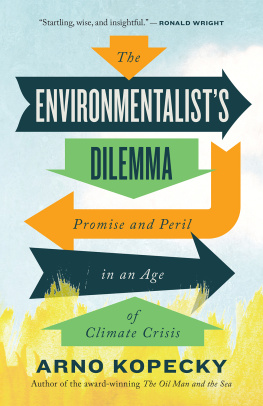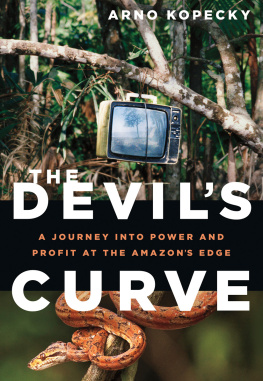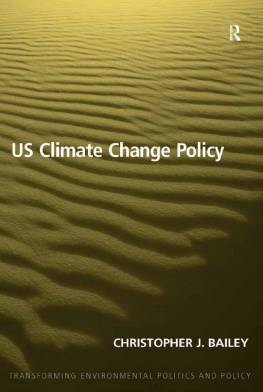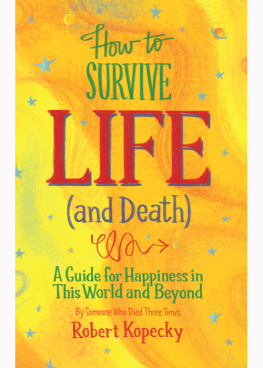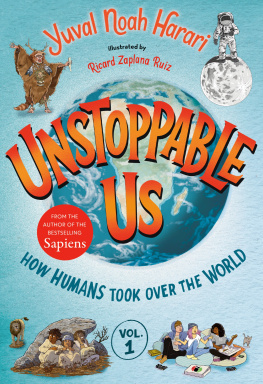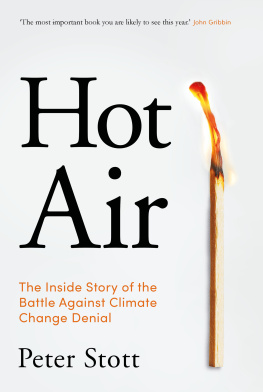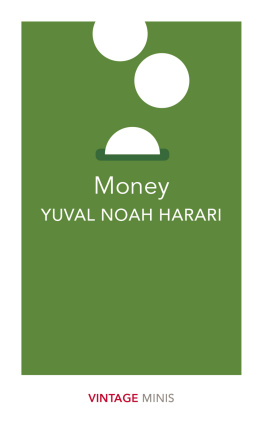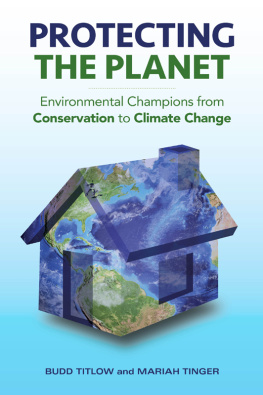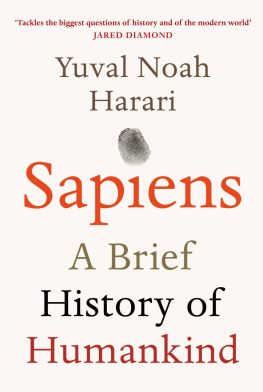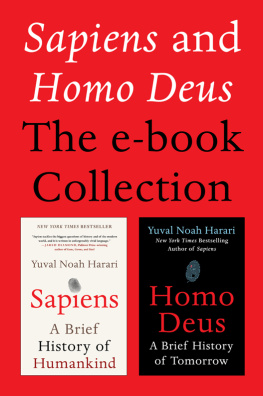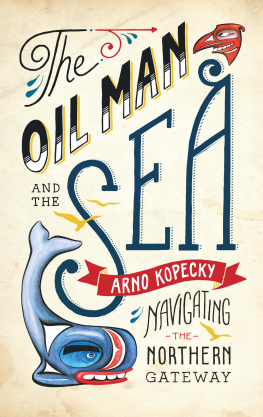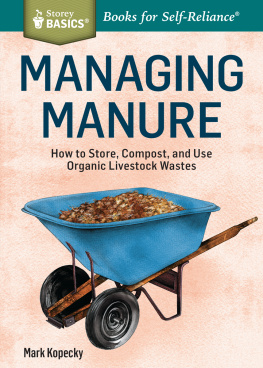The Newest Normal
Trees, we know, are good. They support ecosystems and economies, scrub the sky clean with their leaves, and hold the earth together with their roots. This is especially valuable on steep mountainsides like those that rise above the city where I live. Vancouver used to be a logging town; the local forests were liquidated long ago, but the jagged range that forms our northern border flaunts an embarrassment of second-growth riches. I gaze at those green slopes every day from the room where I write. Im staring at them now. Im thinking how, despite trees many fine qualities, the easiest thing to picture them doing is the one bad thing they can: catch fire.
Trees have been doing a lot of that lately. From Australia to Siberia, the Pacific Northwest to the Amazon, this century has been one of ever-bigger forest fires; the flames havent yet reached Vancouver, but the smoke sure has. It blows in most summers now, usually in August or September when wildfire season hits its stride, hiding our mountains behind a grey veil and reminding us how quickly a symptom can become a cause. The forests of British Columbia have gotten so flammable over the past twenty years that theyve started to emit more carbon dioxide than they absorb. Hotter, drier summers are, of course, a factor, but a more poetic influence on our Air Quality Index is the way a hundred years of fire suppression has yielded the largest fires in recorded history. It used to be that Indigenous communities throughout North America and much of the world lit small controlled burns each spring and fall to remove the undergrowth that fuels these conflagrations, but we settlers suppressed those nations and their practices, too. Now here we are, on the cusp of a new, fifth season that lands sometime between summer and autumn, and not just in Vancouver.
Unpredictable yet increasingly consistent, smoke season dominates our conversations whenever it arrives. Its novel, and ominous, and fleeting, the perfect conversational kindling. Imagine, we say, were breathing in what used to be a forest, animals included. Or simply, What a sunset.
More people are dramatically impacted by forest fires each year, through power outages, evacuation orders, incinerated homes, or even death. But its also true that for most of us life continues pretty much as usual during smoke season, just with more sore throats and fewer walks. We close the windows for a week or three, until the wind shifts and the sun grows bright again. Then we return to our distractions, busy citizens of wealthy countries with no time to waste on things we cant control. Gradually, we forget about the strange predicament so briefly illuminated by that all-obscuring smoke: Things have never been so good for humanity, nor so dire for the planet.
Consider the ledger.
On one side is everything from democracy and the global spread of literacy to modern dentistry, plumbing, and the light bulb. My wife happens to deliver babies for a living, a realm that offers a profound illustration of historical improvement. Pregnancy and childbirth killed roughly one of every hundred mothers prior to the Industrial Revolution; today its one in ten thousand throughout the industrialized world. In Canada, a century ago, one in five children died before their fifth birthday; thats down to one in two hundred today. For all those countries on Earth where mortality remains too high, change is coming fast. Between 2000 and 2017, global maternal mortality dropped by 38 percent, while under-five child mortality was cut in half.
This kind of progress isnt limited to reproductive health. You can track similar trends on practically any quantifiable aspect of human well-being. Gender equality, food security, and public education are spreading round the planet, as are access to medicine and the whole spectrum of a recent invention called human rights.
On the other side of the ledger is all the life that isnt ours. For as long as our species has been improving its own lot, weve been executing a simultaneous campaign of annihilation known as the sixth great extinction. A comprehensive study published in the Proceedings of the National Academy of Sciences in 2018 found that human civilization has so far wiped out 83 percent of the worlds mammals, half the plants on Earth, and 15 percent of the oceans fish. In 2019, a United Nations report warned that up to one million species face extinction this century, which is to say in the probable lifetime of most kids born today. This is both a moral abomination and an existential threat, because the same forces wiping these species out will eventually come for us.
The moral dimension of our assault on the biosphere is a hard thing to contemplate. I mean that literally it is difficult to notice. Non-human suffering occupies a spectrum of moral light our eyes struggle to register. After all, how many times throughout history have humans justified the murder or enslavement of others by portraying them as animals? Empathy does come more easily as the animals grow bigger, more intelligent and expressive, or just cuter. But even for the most charismatic megafauna, our sympathies are fickle. I myself dont spend much time thinking about how lonely the last orangutans of Borneo must be, and I probably think about them more than most.
Still, it does frequently happen that some wild species plight grabs hold of our imaginations. In the summer of 2018, one such story unfolded in the waters to my west. It began when a killer whale known as Tahlequah gave birth to a calf that died half an hour later; overcome by grief, Tahlequah refused to let her baby go and instead carried it with her, raising the body above the surface as though to help it breathe, over and over again, for seventeen days.
Seventeen days. For people all over the world, Tahlequahs display caused a double jolt: the familiar one of a mothers grief and, more profoundly, the unexpected sight of our reflection in a whale. No one was astonished to learn that orcas are struggling to survive in industrialized waters (it would be surprising if they werent), but the prolonged bereavement of an animal so clearly deranged by grief did something that anyone whos ever tried to write a story or start a movement understands the value of: It turned knowledge into feeling.
Everyone knows that our oceans and the creatures that swim in them are in trouble. Everyone knows whose fault that is. Humans didnt kill Tahlequahs child directly, but we are very much the reason why her community the Southern Resident orcas, who ply the coast between Seattle and Vancouver is on the brink of extirpation, reduced to fewer than eighty individuals as of this writing. Tormented by whale-watchers and pollution and crashing salmon populations and a degree of acoustic agony no human can fully comprehend, the Southern Residents suffering is both a tragedy and a cautionary tale.
And this is where the moral disaster becomes an existential crisis. Even if your cold, anemic heart is unmoved by the Tahlequahs of the world, there are perfectly selfish reasons to protect them and their habitat. Forget about killer whales. An ocean with more plastic than fish wont be an endless source of protein. Slaughtering the worlds pollinating insects isnt a great agricultural strategy. Throw in the global depletion of potable freshwater; hyper-volatile weather bringing ever more droughts, fires, floods, and hurricanes; plus, oh I dont know, rising sea levels set to displace one or two billion coastal inhabitants before the end of the century, and it all becomes like nothing else but nuclear war too much to contemplate.

